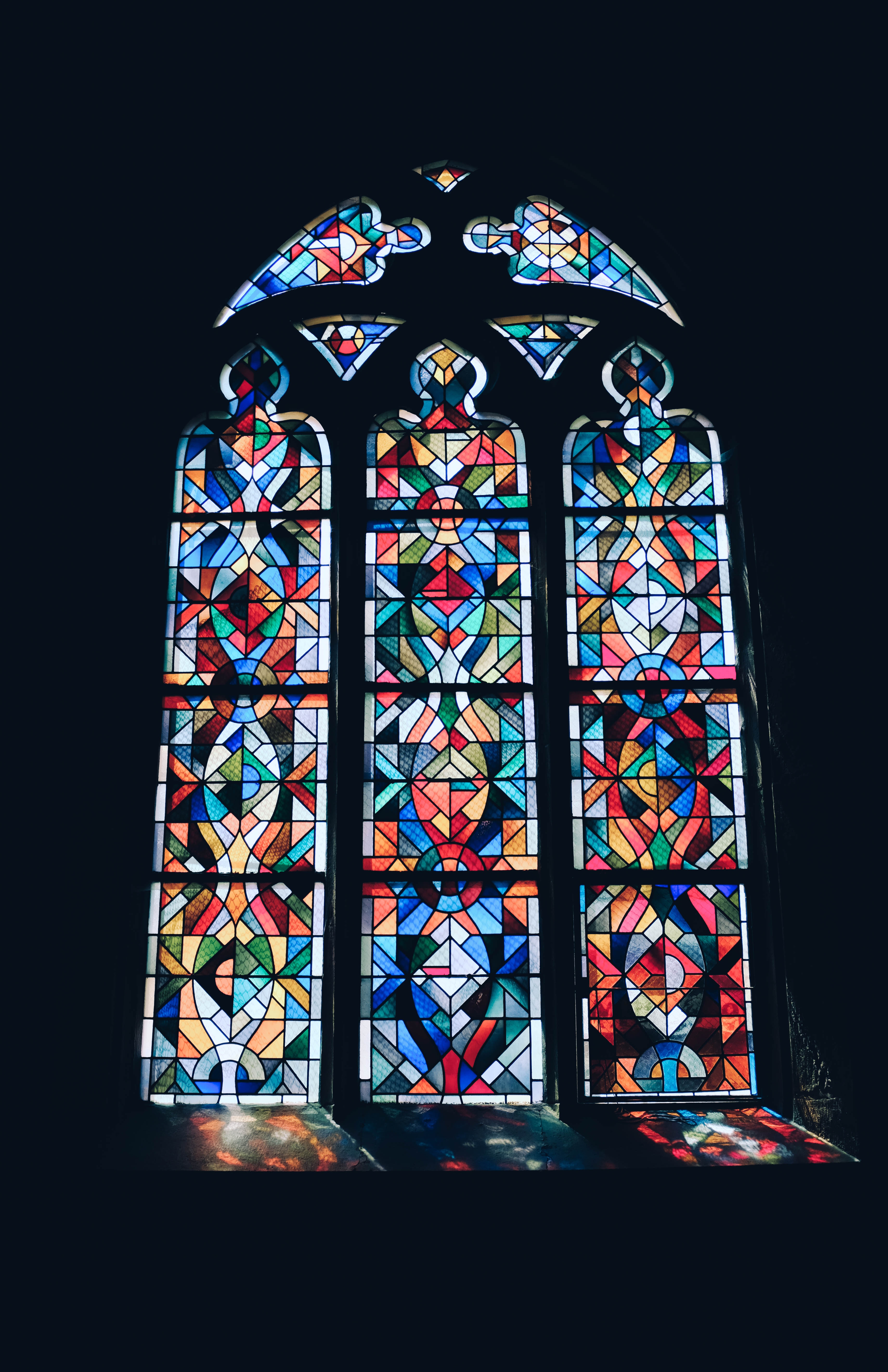Excerpted from the Council’s 2019 Lenten Reflection Guide for Lectionary Year C.
Now before the festival of the Passover, Jesus knew that his hour had come to depart from this world and go to the Father. Having loved his own who were in the world, he loved them to the end. The devil had already put it into the heart of Judas son of Simon Iscariot to betray him. And during supper Jesus, knowing that the Father had given all things into his
Water, towel, basin, and dirty feet: these are the raw ingredients for a powerful act that transforms both the traveling guest and the host. Foot washing is a sacramental act that many Christians still observe, particularly on Maundy Thursday of Holy Week. This ritual carries layers of meanings. It is a sign of hospitality. It is a true act of humility. The water evokes the cleansing waters of baptism. Not only is it representative of all these meanings, it is an act that allows us to witness a compassionate deed, a rejection of status norms, and a barrier-shattering justice. Jesus stands up in order to kneel down; takes something off in order to put something on; takes the faces of pride and turns them into faces of humility.
After a day of walking the dirt roads with open sandals on the same paths that are traveled by other people and animals, we can only imagine how much dust and dirt collects on our feet. Once entering a house, a pitcher of water and basin was provided for those who were guests of the home. It was typical for a servant of the host to wash the feet of all who entered. This act of hospitably was common in every household where guests were welcomed in from their journeys.
On his final night with his closest friends, Jesus himself performed this act of hospitality. Jesus, “though he was in the form of God, did not regard equality with God as something to be exploited, but emptied himself, taking form of the servant” (Philippians 2:6-7) knelt down and washed the feet of his disciples. What if we were to follow in Jesus’ footsteps? What if we dare to take off the outer robes of exploitation and contempt and instead wrap ourselves in towels of service, compassion, humility, and hospitality?
Since I coordinate the Immigration Program at the Council, I feel it is necessary to recognize the stories that Christians remember on this night before Jesus’ arrest and crucifixion. These stories are intimately tied to the stories of our sisters and brothers being traumatized at our border. For months, even years, we have witnessed the great pain and disorder that is surrounding our unjust immigration system. Instead of erecting barriers, we should be removing them—particularly the unseen ones that grip our hearts. Maybe, just maybe, the raw ingredients for building something new near our southern border is not metal slats or massive amounts of concrete, but simple things like water, towel, basin, and a willingness to get our hands dirty

